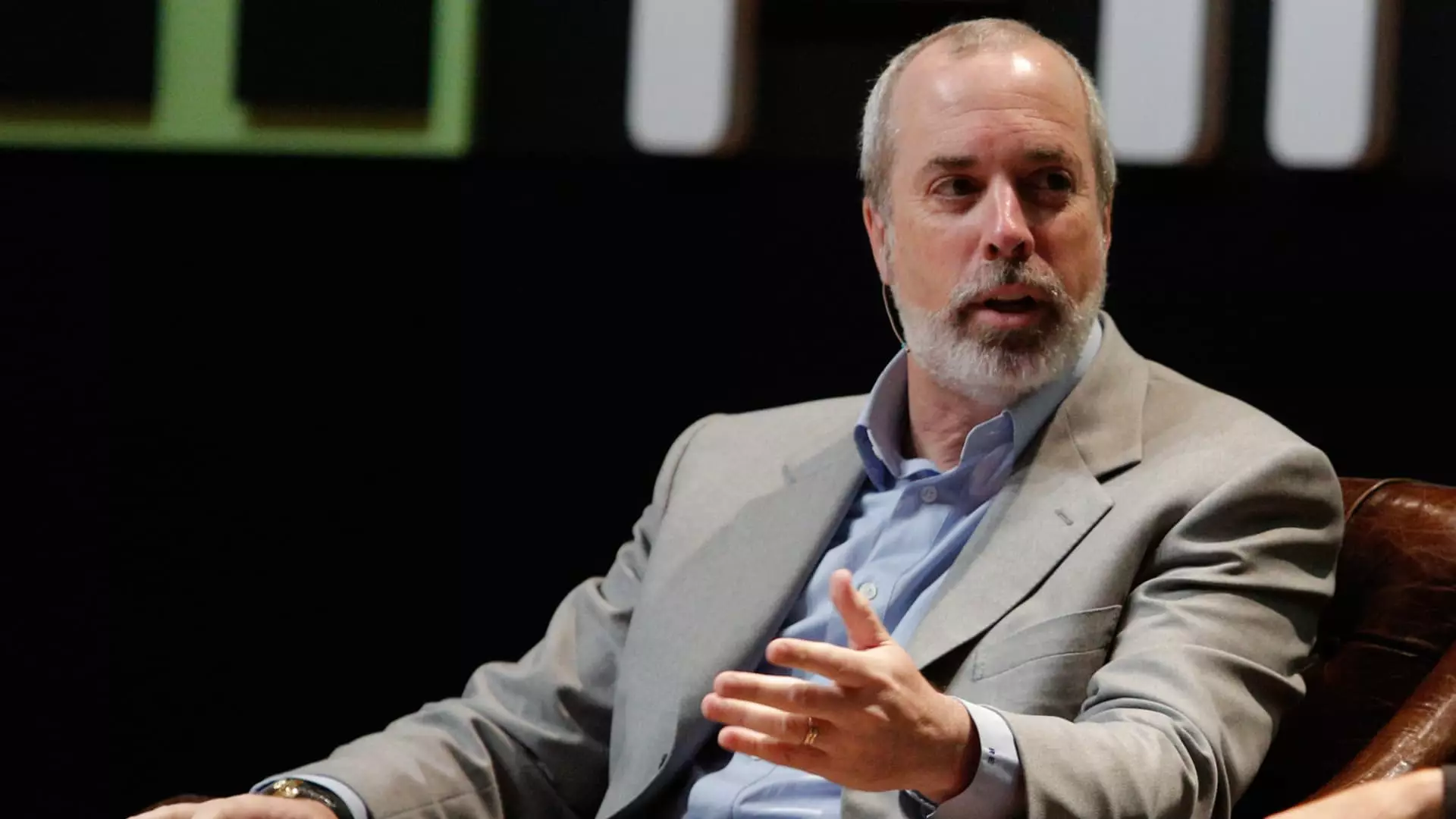In an era where knowledge is more accessible than ever, the stark inadequacy of financial literacy in America is alarming. Ric Edelman, a leading voice in personal finance, has pointedly remarked, “We spend a lot of time trying to improve financial literacy. We stink at it.” This sentiment resonates deeply in a society that prides itself on innovation and progress yet allows its citizens to navigate their financial lives poorly equipped. The irony is deafening; a nation that aspires to be the best often fails to provide its populace with crucial financial education.
The statistics are staggering. A recent survey indicated that nearly two-thirds of Americans struggle to grasp basic financial concepts. Such gaps in knowledge risk not only individual financial stability but also collective economic health. With life expectancy increasing, individuals face the double-edged sword of longer lives but potentially dwindling resources. Edelman’s assertion highlights a critical need: an urgent overhaul of how financial education is imparted, not merely as an afterthought but as an essential component of the schooling system.
The Evolution of Financial Risk
As Edelman articulates, we are witnessing a seismic shift in how generations approach financial planning. The baby boomers lived under a different paradigm—averaging life expectancies that rarely nudged past their sixties. They needed only basic planning, but the current younger generation must reckon with a reality where longevity complicates financial planning. The traditional models, such as the 60-40 stock-bond portfolio, are increasingly inadequate.
Edelman raises a significant concern regarding the prevailing culture of financial Get-Rich-Quick schemes. Within certain circles, and particularly among newer investors, there seems to be a prevailing attitude that wealth can be virtually automated. This has paved the way for a landscape populated by speculative trading options and overly risky strategies that masquerade as investment opportunities. According to New York Stock Exchange data, nearly half of retail traders engaged in options trading in 2022. This blind rush toward “easy money” could lead to disastrous consequences, highlighting the urgent need for financial literacy.
Financial Complexity: A Trap Door
The labyrinth of consumer finance has grown increasingly sophisticated, much to the delight of corporate America. However, this complexity often serves to entrap rather than educate. Edelman describes a situation where corporations manufacture confusing financial products, making consumers feel like hostages rather than customers. This sells the illusion of security while obscuring the risks involved. If young investors are unable to comprehend their financial contracts, they are likely to make detrimental long-term decisions.
Moreover, in an age dominated by social media, the sources of financial education are diverse yet dubious. Platforms like TikTok and Instagram provide a deluge of financial “advice” that often lacks credibility. Relying on influencers for essential financial understanding is a precarious position. Edelman notes the necessity for younger generations to seek guidance from reliable, well-established sources, yet the challenge remains daunting.
Education: The Beacon of Hope
Fortunately, the tide is beginning to turn. Personal finance courses are increasingly becoming a requisite for high school graduation. Utah pioneered this initiative in 2004, and by 2023, the number of states mandating personal finance education reached 27. This is a promising sign, as it recognizes the pivotal role financial literacy plays in empowering future generations.
However, while this progress is commendable, it cannot be the sole solution. Young adults entering the job market are often hamstrung by student loan debt and rising living costs, leaving little room for financial freedom. Edelman’s comments about youth lacking financial resources resonate with many—this generation doesn’t just want to avoid the pitfalls their parents encountered; they seek genuine financial agency.
Edelman’s optimism about young people’s motivation to achieve financial success can’t be ignored. They are hyper-aware of the challenges posed by inadequate financial education and seemingly relentless economic pressures. This awareness could act as a catalyst for change, motivating them to advocate for their own financial literacy and security as they look to avoid the catastrophic financial mistakes of their forebears.
As the landscape shifts, the hope remains that financial literacy will evolve from a neglected necessity into a celebrated standard, equipping generations to weave the fabric of a more financially secure society.

